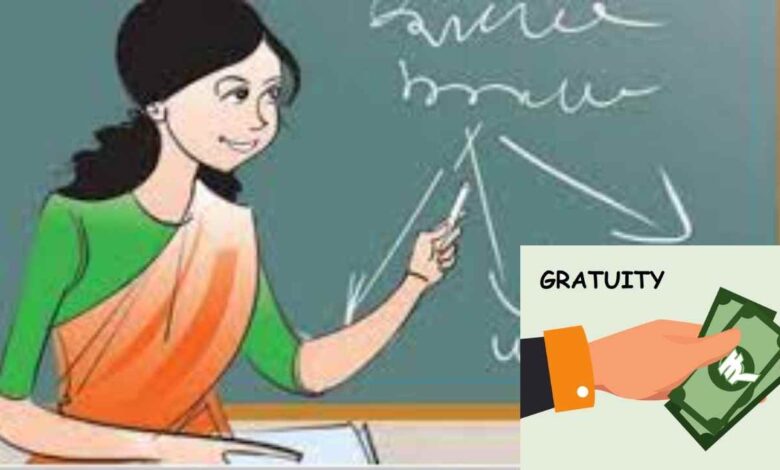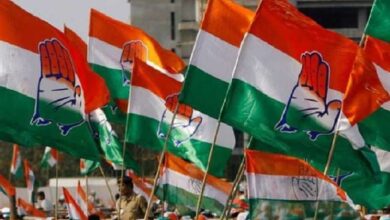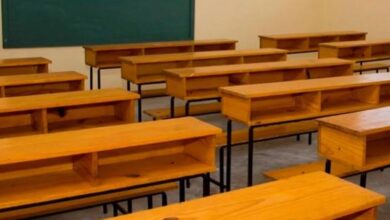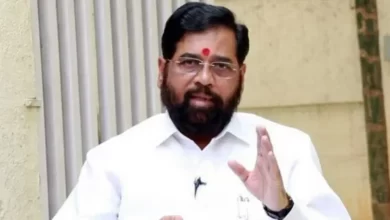Supreme Court gives big relief to teachers of private schools, considered entitled to gratuity

Provision for giving the benefit of gratuity to an employee who has been in continuous service for at least 5 years before leaving the institution for any reason under the PAG Act.
The Supreme Court has given a big relief to the teachers of private schools. The Supreme Court held that teachers working in private schools are employees and are entitled to gratuity by the Central Government under the Payment of Gratuity Amendment Act, 2009.
Let us tell you that the PAG Act came into force from 16 September 1972. Under this rule, there is a provision to give the benefit of gratuity to an employee who has put in continuous service for at least 5 years before his retirement, resignation or leaving the institution due to any reason. The Act was also extended to educational institutions having ten or more employees through a notification issued by the Ministry of Labor and Employment on April 3, 1997. In such a situation, these Acts also apply to private schools. Private schools challenged the 2009 amendment in the country’s highest court after losing several high court cases. According to him the teachers imparting education to the students under Section 2(e) of the Gratuity Compensation Act, 2009 should not be treated as employees. He relied on the Supreme Court’s January 2004 judgment in the Ahmedabad Private Primary Teachers’ Association case which set out this principle.
what is the whole matter
A bench of Justice Sanjiv Khanna and Justice Bela M Trivedi gave this important verdict on August 29. The bench also dismissed the petitions filed by private schools and association of schools separately. Rejecting the contention of the schools, a bench of Justices Sanjiv Khanna and Bela M Trivedi said, “This amendment removes the injustice and discrimination faced by teachers due to a continuing legislative error. It was understood after the judgment was announced.” The Supreme Court upheld the legislative act to bring amendments and remove the blame as stated in the 2004 Supreme Court decision.
The schools claimed violation of their fundamental right to equality (Article 14), right to do business (Article 19(1)(g)), right to life (Article 21), and right to property (Article 300A). The schools said that they are not financially able to pay gratuity to the teachers. The bench directed the private schools to pay the gratuity to the employees/teachers along with interest as per the provisions of the PAG Act within a period of six weeks.
Private schools had knocked on the doors of many high courts
Significantly, the Independent Schools Federation of India and many other private schools submitted applications. The petition filed in the Supreme Court challenged the decisions of various High Courts of the country, Allahabad High Court, Gujarat High Court, Delhi High Court, Bombay High Court, Punjab and Haryana High Court, Chhattisgarh High Court and Madhya Pradesh High Court. Apart from this, many schools directly filed writ petitions in the Supreme Court. His petition challenged the validity of sections 2(e) and 13A of the Payment of Tax (Amendment) Act, 2009. In this Act, there was a provision for the benefit of gratuity to the teachers with effect from April 3, 1997.
(function (d, s, id) {
var js, fjs = d.getElementsByTagName(s)[0];
if (d.getElementById(id))
return;
js = d.createElement(s);
js.id = id;
js.src=”https://connect.facebook.net/en_GB/sdk.js#xfbml=1&version=v3.2″;
fjs.parentNode.insertBefore(js, fjs);
}(document, ‘script’, ‘facebook-jssdk’));






